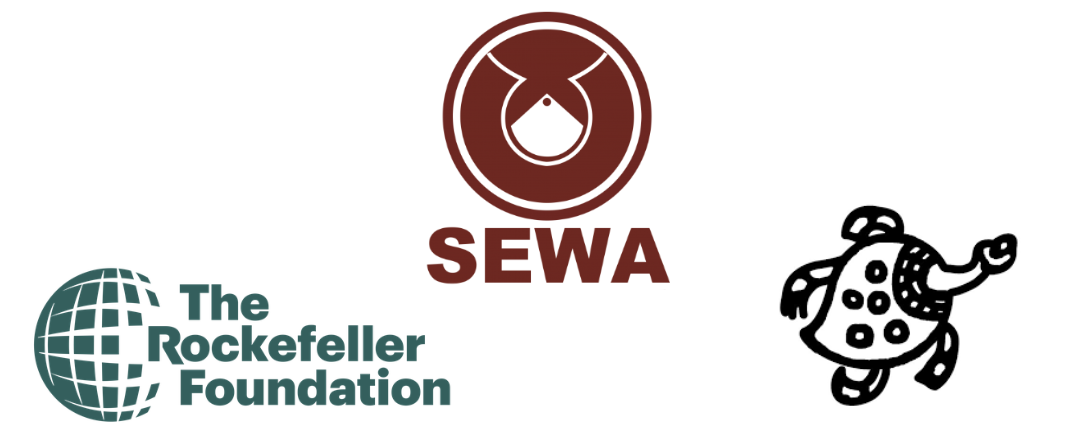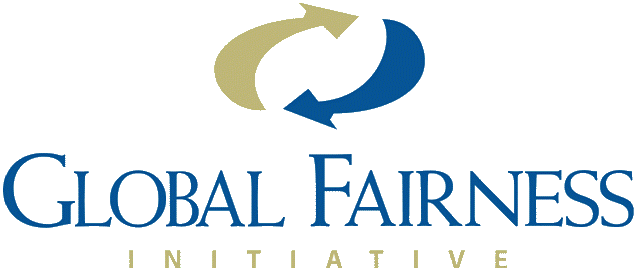India: Heat Wave Resilience
Program Supporter: The Rockefeller Foundation
Implementing Partners: Self-Employed Women’s Association (SEWA), All India Disaster Mitigation Institute (AIDMI) and MST

The devastating impacts of heat waves on vulnerable populations, particularly poor, informal sector women, are profound and complex. Women in India engaged in outdoor labor, such as farmers, agricultural laborers, street vendors, waste recyclers, salt pan workers, head loaders, and construction workers, face heightened risks of contracting heat-related illnesses. Extreme temperatures also compound economic fragility through income loss, decreasing productivity, curtailing working hours, and spoilage of goods and products. Informal sector women are more vulnerable to the effects of extreme heat than men because they frequently lack access to essential resources like land, water, and education. A survey in 2023 by MST underscored the urgent need for comprehensive and proactive measures to protect the well-being of informal sector workers from increasingly frequent heat waves and their effect on livelihoods, families, food security, energy access, and healthcare.
To address these issues and build long-term resilience for families and communities, interventions aimed at building climate adaptation or mitigation infrastructure have been implemented. These strategic mechanisms to combat climate impacts include creating community linkages with frontline health workers, improving access to telemedicine, establishing health camps, promoting education and health awareness raising, collecting critical data, and conducting information analysis. The Heat Wave Livelihood Recovery Fund (HLRF), which is a pioneering initiative to provide blended financial assistance and support to informal sector workers affected by heat waves, has assisted hundreds of women to become climate protected.
GFI has been working with the All India Disaster Mitigation Institute (AIDMI) and the Mahila SEWA Trust (MST) to transform initiative findings into policy and advocacy development. Roundtable discussions, conferences, and public policy dialogues amplify the voices of marginalized women. These dialogues are helping influence key decision-makers to prioritize climate resilience and adaptation measures. By leveraging innovative financing mechanisms and local partnerships, members can transition to cleaner and more sustainable livelihoods while building climate resilience for their future.
